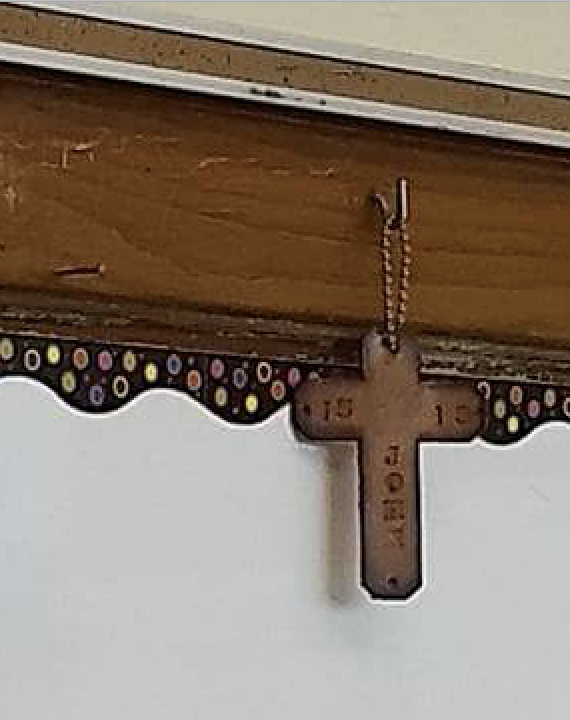
The Freedom From Religion Foundation is drawing attention to a number of constitutional violations at various schools within a Wisconsin school district.
Several concerned Kenosha Unified School District parents have contacted FFRF to report instances of staff at Roosevelt Elementary School promoting Christianity. A fourth-grade classroom at the school includes multiple displays that propagandize for Christianity. Religious displays must be removed from classrooms and school walls, FFRF asserts.
"The district violates the Constitution when it allows its schools to display religious symbols or messages," FFRF Staff Attorney Ryan Jayne writes to Kenosha District Superintendent Sue Savaglio-Jarvis. "Public schools may not advance, prefer, or promote religion. The teacher's religious classroom decorations violate this basic constitutional prohibition by creating the appearance that the district prefers religion over nonreligion, and Christianity over all other faiths."
A wall at Pleasant Prairie Elementary School (also in the Kenosha District) reportedly includes artwork depicting the biblical Noah's Ark story (Gen. 5–10). This religious art is similarly impermissible. And artwork of this nature is particularly inappropriate given that about 38 percent of Americans born after 1987 are not religious, according to a recent survey by the Public Religion Research Institute.
The fourth-grade teacher at Roosevelt Elementary also reportedly told her class as part of a civil-rights lesson that God spoke to Moses through a burning bush, a reference to the biblical story in Exodus 3:1–4:17. The teacher's contrived justification was that Harriet Tubman was the "Moses of her people," and that this was a district-approved lesson. FFRF notes teachers can make a biblical allusion without presenting it as factual or using it as an excuse to proselytize.
The Kenosha School District must not allow religious indoctrination or promotion, FFRF contends.
"Public schools may not provide religious instruction," FFRF writes. "In the seminal Supreme Court case on this issue, McCollum v. Bd. Of Educ. (1948), the court held that that bible classes in public school were unconstitutional. The teacher's biblical lesson about God speaking to Moses through a burning bush violates this principle, particularly given the religious decorations in her classroom."
Additionally, students at several schools in the Kenosha District regularly attend field trips to Timber-lee Christian Center, a recreational camp run by Timber-lee Ministries, whose stated mission is to "create engaging communities where each young person encounters Christ." One of the camp's educators has admitted to deliberately undermining science education by showing public school students that evolution is "goofy." The camp's "Science Education Center" even includes a seven-room "Creation Walk," with each room corresponding to one of the bible's seven days of creation. Students at the camp are also encouraged to attend Timber-lee's week-long summer camp, which is openly religious.
Sending students to a creationist camp under the guise of a "science trip" gives the appearance that the district views creationism as "science," which it is not. The U.S. Supreme Court has struck down teaching of "scientific creationism" in public schools, FFRF reminds school officials.
FFRF is asking the Kenosha Unified School District to immediately take corrective action to end these multiple infringements of the U.S. Constitution in schools around the district.
"It's appalling that Kenosha officials have been disregarding so many encroachments of the barrier between church and state," says FFRF Co-President Annie Laurie Gaylor. "They need to take the First Amendment seriously."
The Freedom From Religion Foundation is a Wisconsin-based national nonprofit organization with 30,000 members across the country, including more than 1,300 in Wisconsin. FFRF's purposes are to protect the constitutional principle of separation between state and church, and to educate the public on matters relating to nontheism.